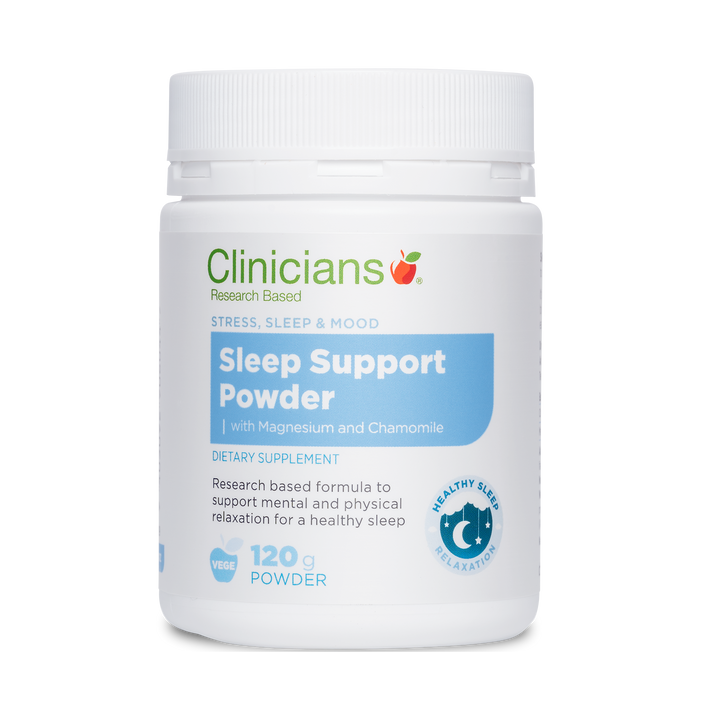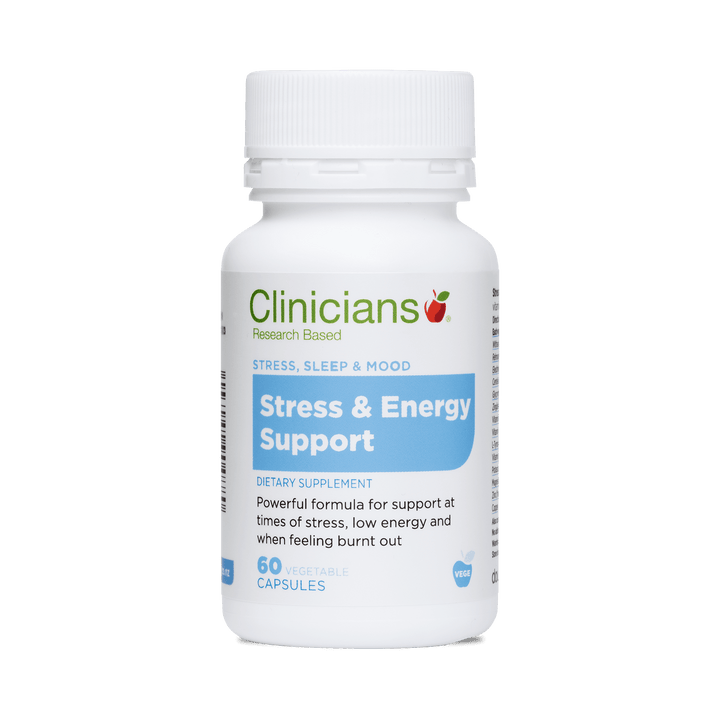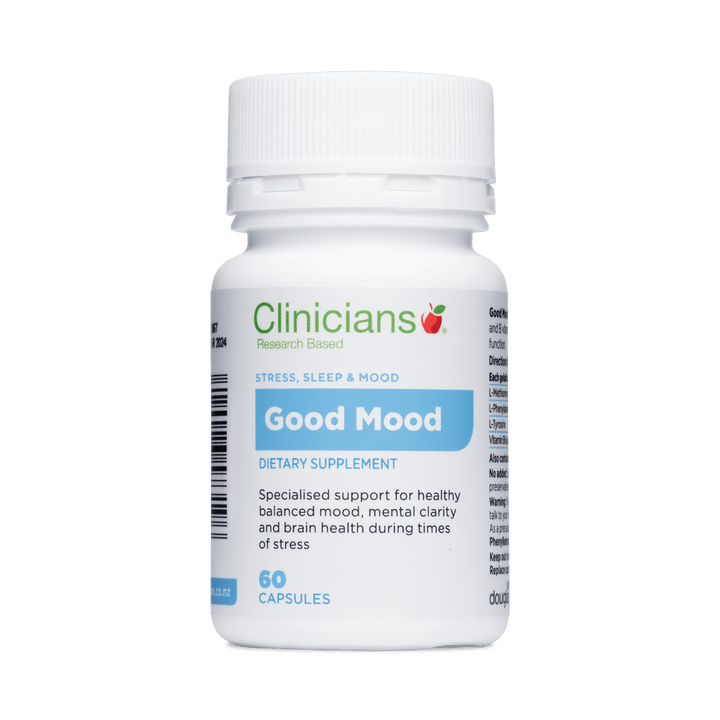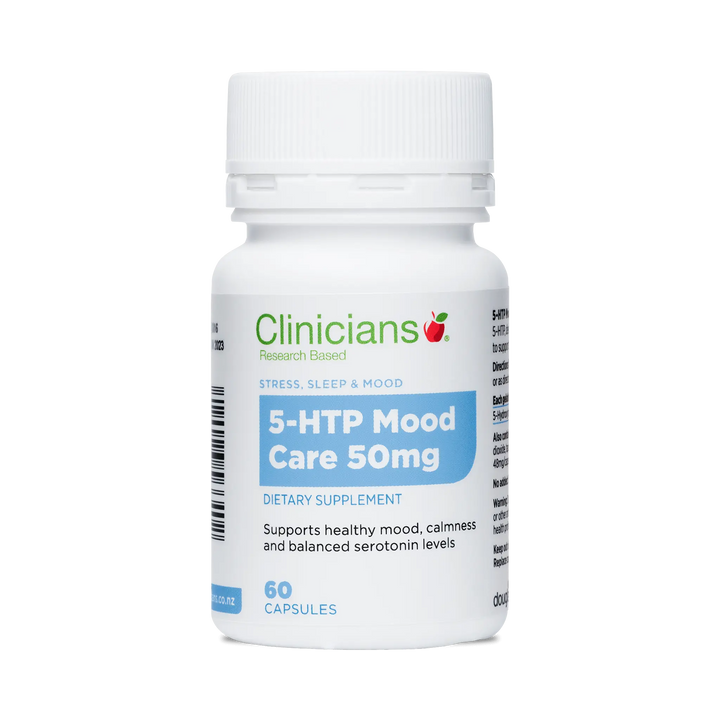If you are reading this after another night of bad sleep – you've come to the right place. Join us as we look at how stress affects sleep and what we can do to get a better night's rest.
At some point in our lives, most of us will experience a time of stress. You try not to think about your worries but they stay with you night and day.
Apart from feeling worried, stress can have many other effects on the body:
- It can make us feel jumpy and overalert.
- It can increase our blood pressure.
- Some people get overheated and have hot flushes.
- We start to breathe in faster, more shallow breaths.
- It can even affect your digestive system.
However, for many, the deal-breaker is when stress starts to affect our sleep. Without a good night's rest the day ahead just seems harder. So, let's have a look at how stress affects sleep and what we can do about it.
How does stress affect your sleep?
Stress and sleep disturbances are different for everyone. Some people find it hard to get to sleep, whilst other may drop off fine, but wake in the night. You might also experience poor quality sleep, where you feel you have not been in a deep sleep all night.
Whatever the problem, if you are stressed and not sleeping, a hormone called cortisol is likely to be involved. Cortisol is a chemical made by our adrenal glands, which sit on top of our kidneys. It is released when our brain tells our adrenals that it is feeling stressed. It is part of our fight or flight response and its job is to make us instantly alert and ready to react quickly. Very handy in a short burst when there is a life-threatening situation.
Cortisol is released in the morning in response to light. It helps us wake up and feel alert. Levels of cortisol generally rise through the morning and then decline towards sundown. This is when melatonin our sleep hormone starts to rise to make us sleepy.
Unfortunately, when we are feeling stressed all the time, cortisol continues to be released and this is where the problem starts. Cortisol levels can become too high and we can be left feeling a bit wired and anxious during the day. At night when cortisol levels should be low, peaks can lead to struggles getting to sleep or even wake us in the night. Even when our melatonin levels are good, this hormone for alertness can override it and keep us awake.
What are the signs that you might have cortisol issues?
There are many signs of unbalanced cortisol and you probably won't have all of them. However, if you find you can identify with some of the following, it might be worth considering:
- Feeling wired and jumpy in the day, but with underlying tiredness
- Low tolerance for small stressors
- Feeling tired all evening and then become alert at bedtime
- Waking around 3am
- Night sweats
- Craving stimulants like coffee, salty foods, carbohydrates or sugary foods
- Weight gain around the middle
- Increased blood pressure
- Going through menopause
How do I bring cortisol back into balance?
If we could just switch off stress it would be so easy, and there are many techniques to support mental relaxation. However, we often need extra support to balance our adrenals and nervous system.
Curb the stimulants
Cortisol is released when stimulants are consumed. This includes anything containing caffeine, such as coffee, green and black tea and energy drinks. If you need to have a coffee just have one or two and preferably in the morning, to avoid keeping yourself awake at night.
Alcohol is also something that many people use regularly for relaxation in the evening. Although it helps you to drop off to sleep, it may lead to sleep disturbances later at night. It also does not help cortisol balance.
Include balancing herbs
There are a group of herbs that can help with cortisol, known as adaptogens. They work with the nervous system to help bring the body back in balance, as they help us to adapt to stress. There are several herbs in this category and they all help with stress but have additional qualities.
- Withania (also known as Ashwagandha) is also very relaxing
- Siberian Ginseng and Rhodiola are more energizing
- Gotu Kola and Bacopa help with mental clarity
There is also another herb from asparagus stem extract that works with the normal pathways in the body that help to clear away cortisol. However, this only works when cortisol is in excess.
Breathe and relax
There are many techniques to support relaxed breathing and to calm the mind. As the mind becomes more restful it switches off the signals to make cortisol.
Here are some popular options you might like to try.
- Yoga - not just for stretching but also focuses on relaxation and breathwork.
- Tai Chi - gentle exercise, sometimes called "meditation in motion" as it calms the mind through breathing and gentle flowing movements.
- Meditation - this is not new and has been part of wellness for more than 5000 years in Ayurveda medicine. It comes in many forms such as zen meditation, with Mindfulness being a new kid on the block. Have a look round and see what style suits you.
- Breathing techniques - If you look on YouTube and apps on your phone you will find several breathing apps designed to calm you.
What else can I do for sleep?
There are a number of things we can do to help prepare ourselves for a good night's sleep.
Relaxing herbs
There are several herbs that help to support calm and relaxation so we can drop off to sleep. These include
- Lemon balm
- Linden or Limeflower
- Passion Flower
- Skullcap
- Zizyphus (this is also helpful for night sweats)
Support sleep hormones
Increasing serotonin for calm and melatonin for sleep can help support healthy sleep patterns. Amino acids such as L-tryptophan and 5-HTP are used to create these hormones. To increase L-tryptophan naturally you can increase foods such as chicken, eggs, dairy products, nuts and seeds.
Magnificent magnesium
Magnesium is an important mineral for making our hormones and relaxing the muscles. Unfortunately, it is shed from the body at times of stress, but it is essential for getting a good deep night's sleep. You may need magnesium if you find your legs getting twitchy at night, if you get cramps or if you struggle to get into a deep sleep.
Good bedtime routines
- Turn off devices and TV at least 1 hour before bed
- Take a relaxing bath or shower
- Dim the lights so the brain starts unwinding and making melatonin
If sleep and stress are a problem for you and you would like some more help and information, please feel free to contact our Clinicians naturopath team for one on one support.















